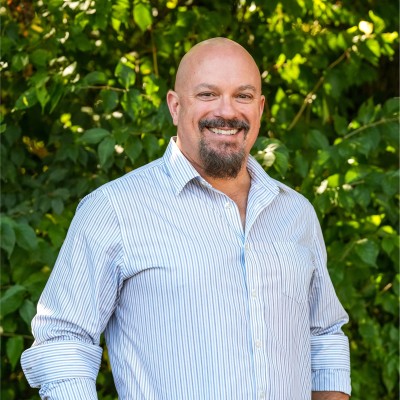2025 UV+EB Degradability Challenge
The RadTech Degradable Materials Task Force is pleased to announce the 2025 UV+EB Degradability Challenge. This challenge highlights an important pillar of sustainability: designing products with their end-of-life (EOL) in mind. When an item is discarded, it all too often ends up contributing to the accumulation of non-degradable waste in landfills and ecosystems. Even most “recyclable” plastics meet a similar fate, with only an estimated 9% of the world’s plastic waste being recycled. Innovation and investment in degradable materials can help combat the growing pollution crisis.
The 2025 UV+EB Degradability Challenge aims to promote research and development of degradable materials that utilize UV+EB technology. We invite submissions detailing current or recent projects as well as research proposals based on previous work and/or literature. We welcome materials across the product development spectrum that have demonstrated evidence of degradability or strong theoretical argument supporting degradability. See below for examples of materials and degradation standards.
Challenge winners will receive an expenses paid trip to RadTech 2025 in Detroit, MI and the opportunity to present their work to the RadTech community. A panel of industry experts will judge each application based on the technical innovation and commercial viability of their UV+EB material. All ideas are welcome! Additional prizes may be awarded to outstanding applications, if applicable. Deadline for submission is March 31, 2025.
Eligible UV+EB materials include but are not limited to:
- Degradable/compostable materials used in the development of UV+EB cure formulations
- Finished products converted with UV+EB that are degradable/compostable, such as 3D printed items, consumer electronics, or food packaging
- Formulated UV+EB inks, coatings, and adhesives that are degradable/compostable themselves or would be allowed in the certification of finished products or articles
- 3D printing resins that are degradable/compostable
Degradability standards:
- Industrial Compostable: Physical and chemical breakdown must occur within 180 days in an industrial composting facility and the final product must be non-toxic. Compliant with ASTM 06400, BPI, EN13432 or TUV Austria OK Industrial Compost certification.
- Home Compostable: Materials must be able to fully decompose into the soil in home composting conditions within a year and the final product must be non-toxic.
- Soil Degradable: Materials must be able to fully disintegrate in an ambient soil environment.
- Marine Degradable: Materials must be able physically break down within 3 months and fully biodegrade within 6 months. Compliant with ASTM D6691, TUV Austria OK Biodegradable Marine.
- Landfill Degradable: Materials must be able to fully disintegrate in a landfill environment. Compliant with ASTM 05526.
What does “degradable” mean?
We are using the term “degradable” for this challenge because we recognize that not all radiation curable materials will be compostable (i.e., a carbon-based food source for soil and compost microorganisms). Ideally, all the materials we use can be returned to the earth as a source of food energy. As aspirational as that sounds, the packaging industry is making great strides in complete system transitions to compostable materials (e.g., bioplastics and fiber-based), and with third party certifications such as BPI, DIN CERTCO, TUV, or CMA. Inks and coatings are allowed into compostable structures so long as they pass heavy metals and plant ecotoxicity, are used within limited weight percentages, and do not negatively affect physical disintegration during the composting process. For this challenge, we do not expect compost testing results but would expect that in your design thesis itself, the materials being used are expected to convert to organic CO2 from assimilation by microorganisms or physically breaks down in the same environment and would be expected to have no negative impact on the health of the compost or soil amendment.
For further information, please see:
2025 Degradability Challenge Subcommittee

Chair: Kelly Williams
Earthfirst Films
Christopher Bowman, University of Colorado
Charles Iacono, CCL Label
Anthony Meglio, Sun Chemical
Viviane Ramsey, Sun Chemical
Mike Sajdak, lnx
Evan White, University of Georgia

RadTech International NA
6935 Wisconsin Ave, Suite 207
Chevy Chase, MD 20815
(240) 497-1242
uveb@radtech.org



